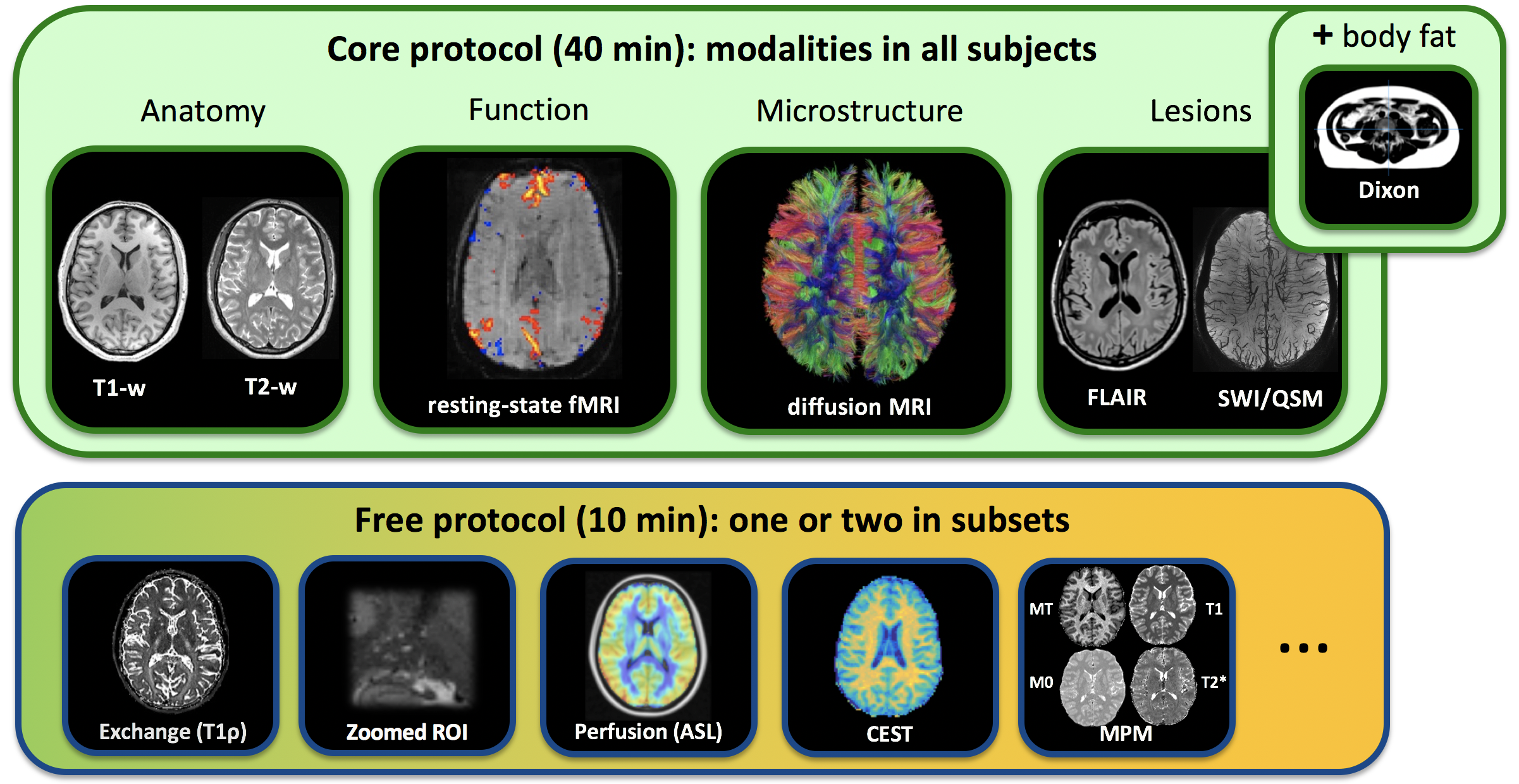Weekend Educational Session
Joint MICCAI-ISMRM Session:
Synergies Between Our Societies in Data Acquisition, Image Reconstruction & Analysis
Session Topic: Joint MICCAI-ISMRM Session: Synergies Between Our Societies in Data Acquisition, Image Reconstruction & Analysis
Session Sub-Topic: Joint MICCAI-ISMRM Session: Synergies Between Our Societies in Data Acquisition, Image Reconstruction & Analysis
Weekend Course
ORGANIZERS: Florian Knoll, Daniel Rueckert, Zhaolin Chen, Demian Wassermann
| Saturday Parallel 3 Live Q&A | Saturday, 8 August 2020, 14:00 - 14:30 UTC | Moderators: Florian Knoll & Daniel Rueckert |
Skill Level: Basic to Advanced
Session Number: WE-13
Overview
This session is jointly organized by ISMRM and MICCAI (Medical Image Computing and Computer Assisted Intervention). The goal is to find and exploit synergies between the expertise of our societies.
Target Audience
ISMRM members who are interested in the current research focus at MICCAI and are looking for cooperation opportunities. This includes ISMRM members who are interested in applying their methodological developments to open problems at MICCAI, as well as ISMRM members who are interested in applying developments from MICCAI to their research.
Educational Objectives
As a result of attending this course, participants should be able to:
- Identify the current high priority research topics at MICCAI;
- Produce an overview of lessons learned at MICCAI from running scientific challenges and competitions in the area of medical imaging;
- Recognize the individual challenges and opportunities when using targeted high-end MR hardware and data acquisition to answer a very specific research question with small sample sizes vs large scale population imaging; and
- Summarize experiences of researchers who do methodological developments for other imaging modalities.
| Introduction to MICCAI: Top 5 Current Topics in the Society
Terry Peters
This workshop focuses on the synergies between MICCAI and ISMRM, and this presentation reviews five prominent topics of interest to the ISMRM community, that were presented at the most recent MICCAI meeting, held in Shen Zhen China in October 2019.
|
||
 |
Large Sample Size, Compromises in Data Quality: Challenges & Opportunities in Population Imaging
Tony Stoecker
This lecture briefly introduces the challenges of population imaging by example of the Rhineland Study, a large-scale longitudinal cohort study which investigates aging, in particular of the human brain and related neurological disorders, across the adult lifespan. The emphasis is on quantitative measures, including a one-hour MRI examination of brain structure and function. The talk will present its MRI acquisition and analysis strategies, as well as some preliminary results.
|
|
| Small Sample Size, Unprecedented Data Quality: Challenges & Opportunities in High-End Data Acquisition
Jonathan Polimeni
While there is a well-known trend towards large-scale neuroimaging studies, there is also mounting interest in single-subject MRI that enables the investigation of meaningful differences in brain structure and function between individuals. Single-subject MRI opens opportunities for advanced imaging strategies that are infeasible in large-scale studies, such as highly sampling individual brains to boost statistical power, and acquiring multiple averages of high-resolution data to achieve both high sensitivity and specificity. In this lecture I will survey specialized technologies for improving data quality, showcase example high-end datasets, discuss factors that limit data quality, and consider new methods to overcome these limits.
|
||
| Lessons from MICCAI Imaging Challenges
Alistair Young
|
||
| Lessons from Other Imaging Modalities
Andreas Maier
In this presentation, we will look into machine learning-based reconstruction and observations made on other imaging modalities than MR. In particular, we can sub-divide reconstruction methods into purely data-driven, analytically inspired, and optimization-inspired. We find that also from a theoretical point of view, embedding of domain knowledge is beneficial. During the presentation, we will discuss further the benefits and risks of these common approaches. In the end, we will give an outlook on future perspectives and potential enablers in the field.
|
||
| Learned End-to-End MR Acquisition, Reconstruction & Analysis
Nii Okai Addy, Juan Santos
Machine learning techniques provide intriguing possibilities to improve the MR imaging process from acquisition to image analysis. Machine learning techniques provide the possibility to make the acquisition process more efficient by reducing scan time or more consistent with automated control. Learned techniques also provide more options for reconstructing under sampled datasets. Perhaps the most prevalent use of learned techniques at this time is for the analysis of images for tasks ranging from quality control to diagnosis. These topics will be explored and addition to looking forward to see how the application of machine learning to MRI may change over time.
|

 Back to Program-at-a-Glance
Back to Program-at-a-Glance Watch the Video
Watch the Video Back to Top
Back to Top